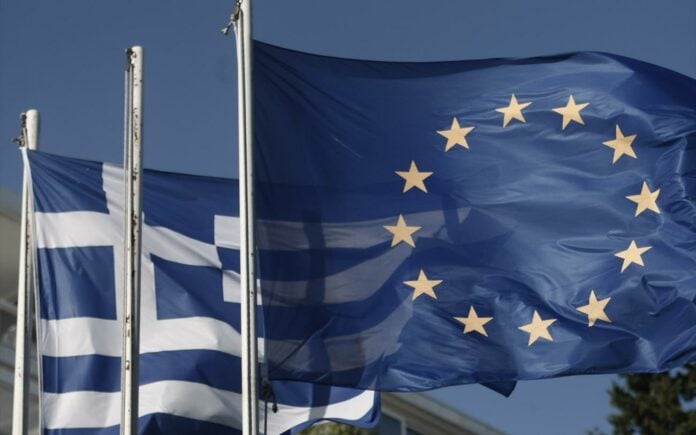By N. Bellos
Preparing the groundwork for a “Yuletide” or even New Year’s agreement to conclude the second review of the Greek program (third bailout) has emerged as the goal of Monday’s Eurogroup meeting in Brussels, given that the possibility of an all-out success today appears as a long shot.
As previously reported at length, European creditors and the IMF are still at odds over the level of annual primary budget surplus targets that Athens will have to achieve after 2018, while the issue of the Greek debt’s sustainability has also not be resolved to the Fund’s satisfaction.
Community sources in Brussels on Sunday nevertheless said the mood heading into the meeting on Monday is “positive”, with all sides having expressed volition to complete the review as soon as possible. The same sources added that an agreement would have been achieved if only issues related to the second review were included, as differences are not significant.
The “calculus” however at this stage apparently includes a completion of the second review, an agreement for whatever debt relief measures and an IMF commitment to re-enter the Greek program as a lender.
On the positive side, as far as the embattled Greek government is concerned, is a more-or-less atmosphere of consensus over the type of short-term debt relief measures creditors will offer Athens, with ESM managing director Klaus Regling scheduled to present the “package” of measures to EZ finance ministers today. That development will, in principle, fulfill one of the demands by the IMF, regardless of whether its top analysts and leadership believe that announced debt relief measures will still not render Greece’s debt load as sustainable.
While details will be officially unveiled at the Eurogroup, the widely expected measures add up to roughly a 21-percentage-point reduction in the GDP-debt ratio over time.
Fixing interest rates at current low levels and extending repayment periods are the two most prominent measures mentioned.
In terms of the second review alone, a fiscal “gap” in 2018, which has been predicted by the IMF at between 500 to 600 million euros, appears headed for resolution, with an agreement, in principle, expected.
Additionally, creditors want Athens to offset the revenue expected – and actually jotted down in the draft 2017 budget – from the privatization of Greek natgas grid operator DES.FA, a deal that collapsed last week after a Azeri-Italian consortium and the Greek government failed to reach an agreement. The consortium was the winner in an international tender for a majority stake in the utility.
Sources are confident that even this last-minute “hiccup” will be resolved.
Conversely, it’s labor sector liberalization that remains the most obstinate difference between creditors – especially the IMF – and the leftist Greek government towards concluding the second review.
Even so, EU circles also appear confident that a compromise will be found, at the last minute, given that the issue is not the primary obstacle in gaining an agreement.














